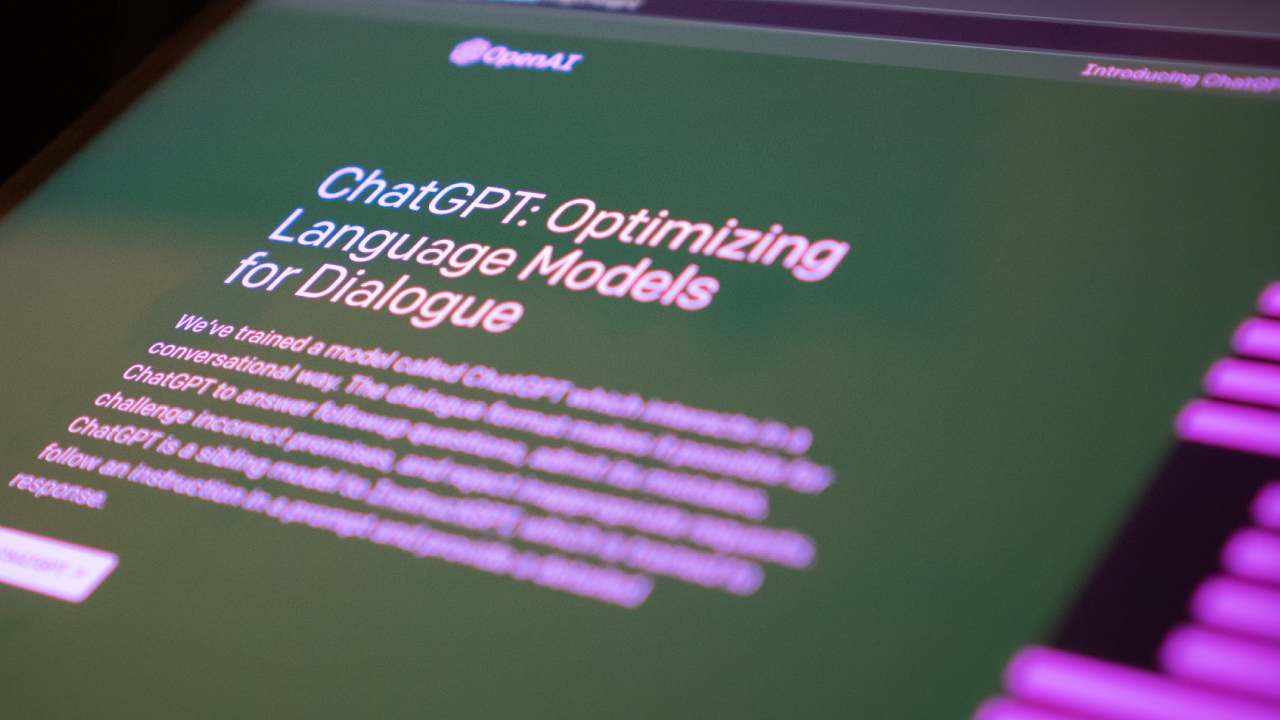- ChatGPT creator OpenAI says it is actively working with teachers to promote the benefits of the generative AI tool in education.
- The tool could be used to craft lessons, and curricula or be used as an AI tutor.
- Amid worldwide concerns that ChatGPT can be used for cheating, UNESCO has called for AI to be regulated in education.
Amid concerns of its exploitation in education leading to cheating and plagiarism, OpenAI is exploring ways to get its popular AI chatbot, ChatGPT, into schools and classrooms.
This is according to OpenAI’s chief operating officer Brad Lightcap, OpenAI is exploring educational applications for the chatbot and “most teachers” in the US are actively looking for ways to incorporate ChatGPT into their curricula.
“We at OpenAI are trying to help [teachers] think through the problem and we probably next year will establish a team with the sole intent of doing that,” explained Lightcap at a business school-led innovation and sustainability conference held in San Francisco last week.
“Teachers thought it was the worst thing that had ever happened,” Lightcap said, but within a few months teachers began changing their opinions of the generative AI tool. To capitalise on this, OpenAI is actively engaging with educators across the country to inform them of the benefits of the tool, a company spokesperson told Reuters.
“We see AI as an impactful tool that can assist with learning and education, and we’re encouraged by the ways educators have been ideating on how tools like ChatGPT can be useful,” they said.
What would a ChatGPT tailored specifically for educators and schools look like?
For students, it could take the form of an AI tutor, or it can be used to adjust education content for different styles, or age groups. For teachers, it can assist with coming up with the yearly curriculum, or be a creative classroom aid for ideas and teaching exercises.
But it isn’t all easy goings for ChatGPT at schools. The chatbot has changed the way that people work. Entire industries have been shaken up by it and other generative AI tools in the same vein. To
The arrival of a free, easily accessible and nearly endless trove of information has turned the edtech world on its head, with major companies like Chegg rushing to deploy their own generative AI to catch at least some of the students fleeing to OpenAI’s website.
When answers to in-depth questions are a prompt away, why spend any time or money on long-winded tutoring websites? Why even spend time to do homework?
To combat the misuse of AI in education, UNESCO released a set of regulations in September it has called governments around the world to implement when it comes to these tools in schools. The body urged countries to regulate AI in and out of the classroom, in schools, universities and any other educational purposes.
Worldwide adoption of AI, UNESCO says, has been outpaced by the speed at which innovation happens with these AI systems, leaving schools and governments to play catch up.
“In many cases, governments and schools are embracing a radically unfamiliar technology that even leading technologists do not claim to understand,” said Stefania Giannini, assistant director-general for education at UNESCO.
“GenAI providers should be held responsible for ensuring adherence to core values and lawful purposes, respecting intellectual property, and upholding ethical practices, while also preventing the spread of disinformation and hate speech,” UNESCO explains the responsibilities of companies like OpenAI when it comes to worldwide education systems.
[Image – Photo by Jonathan Kemper on Unsplash]

